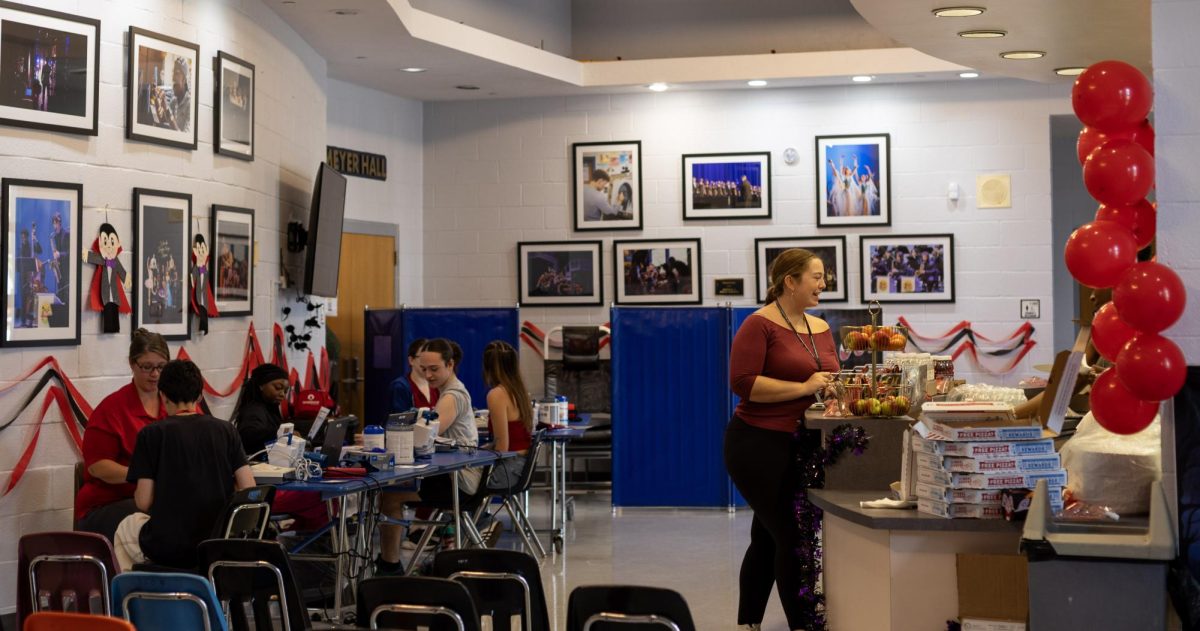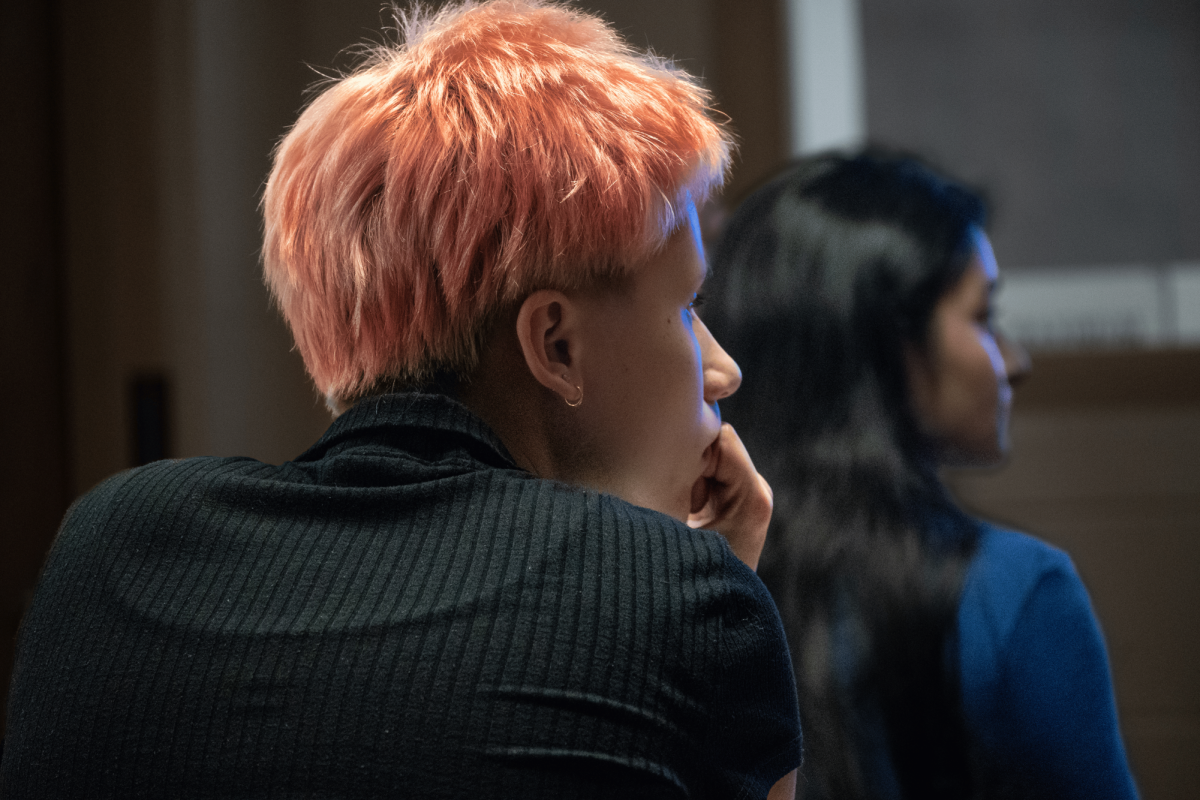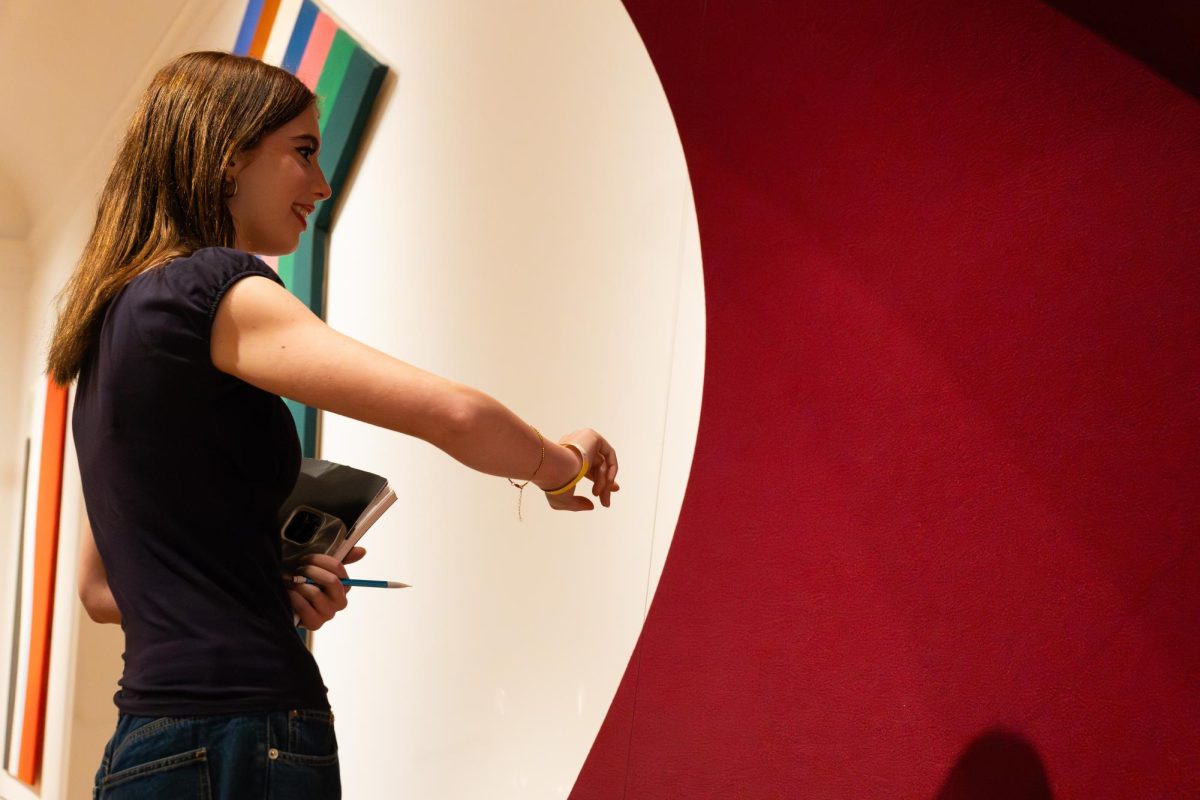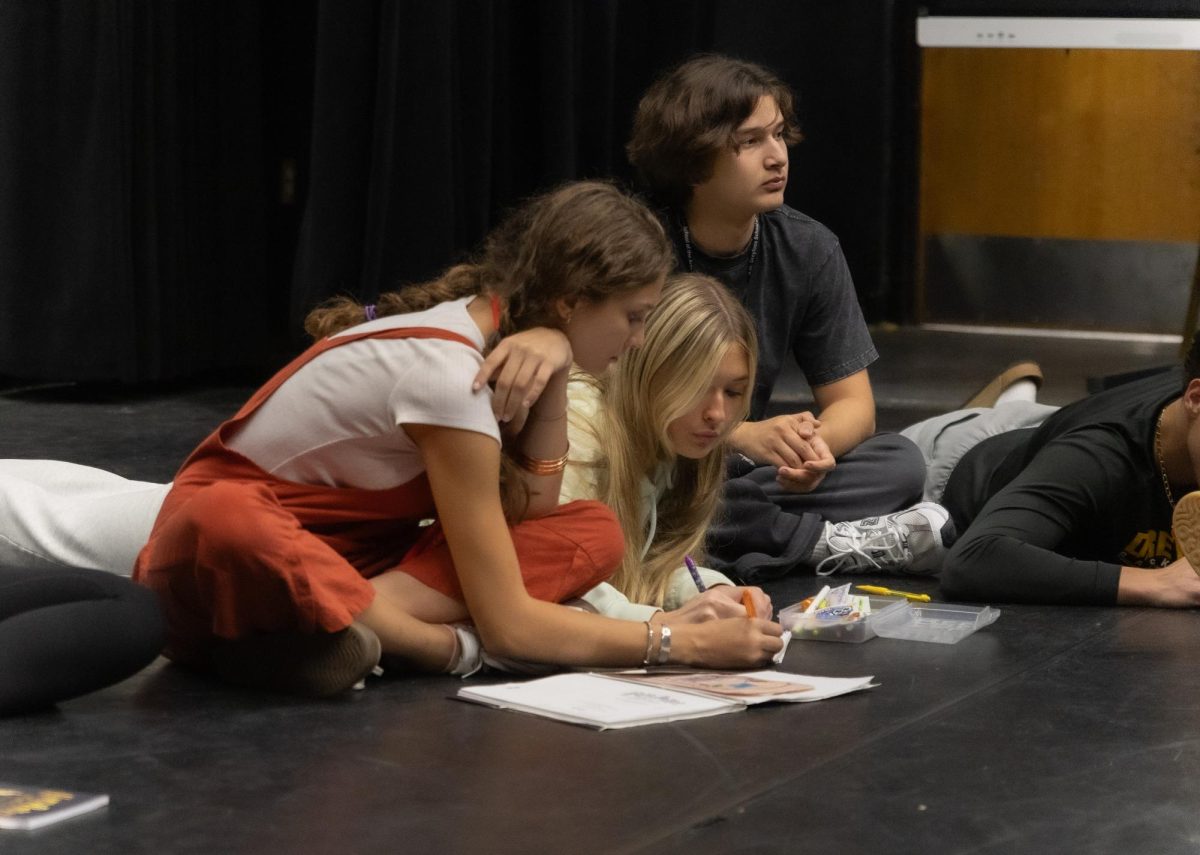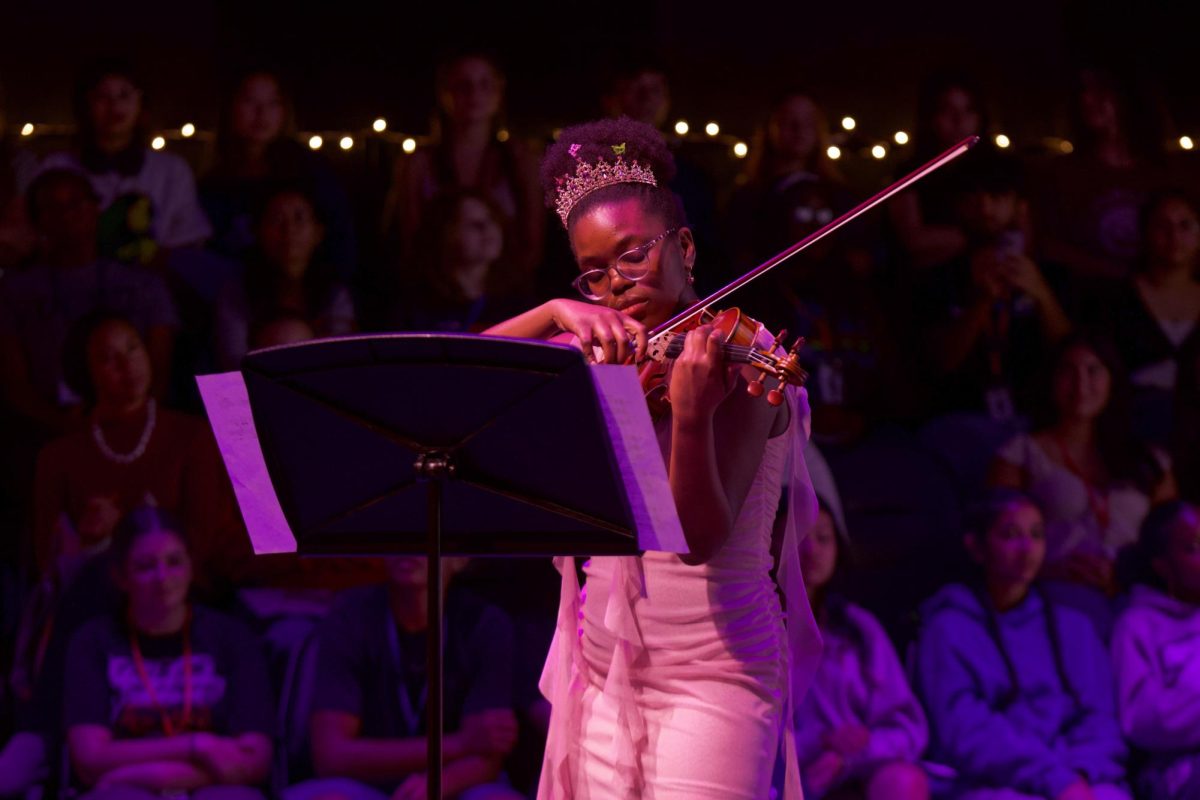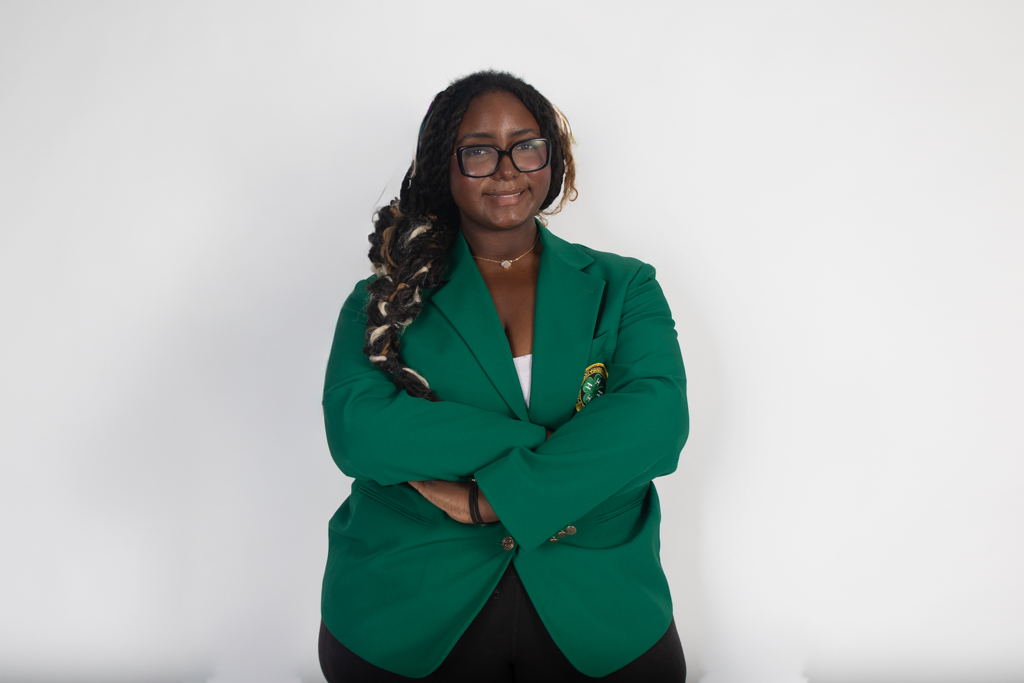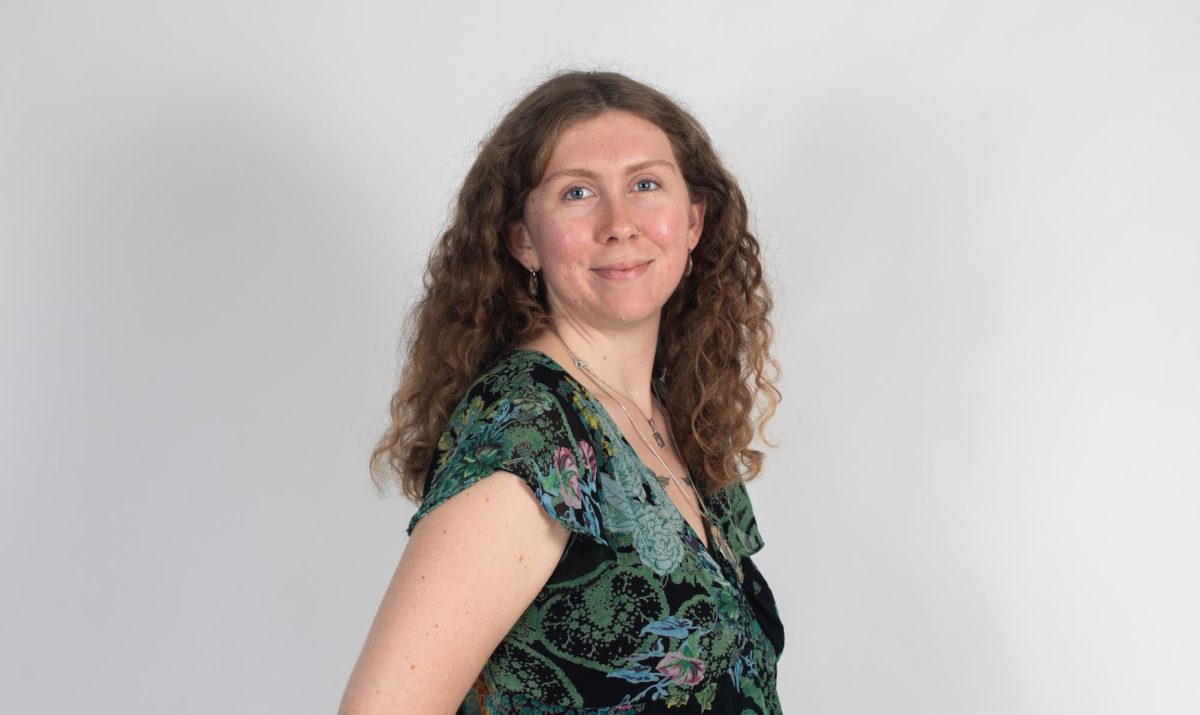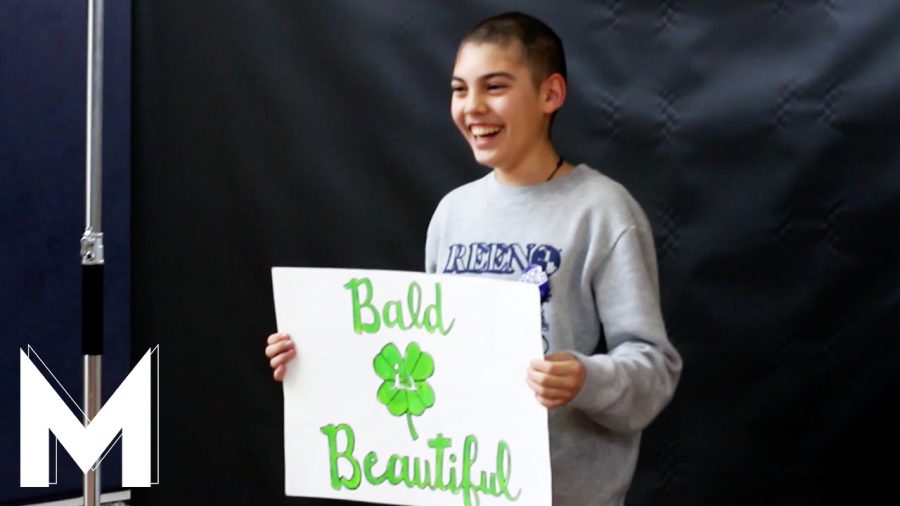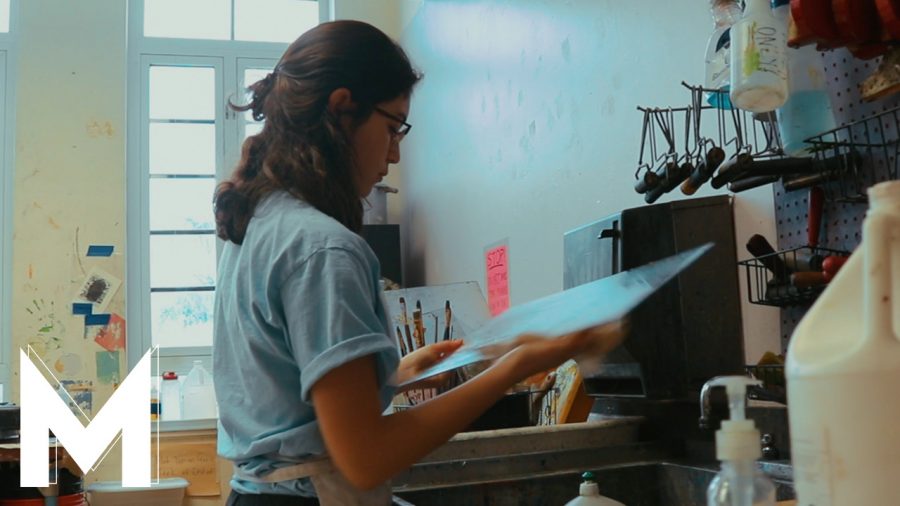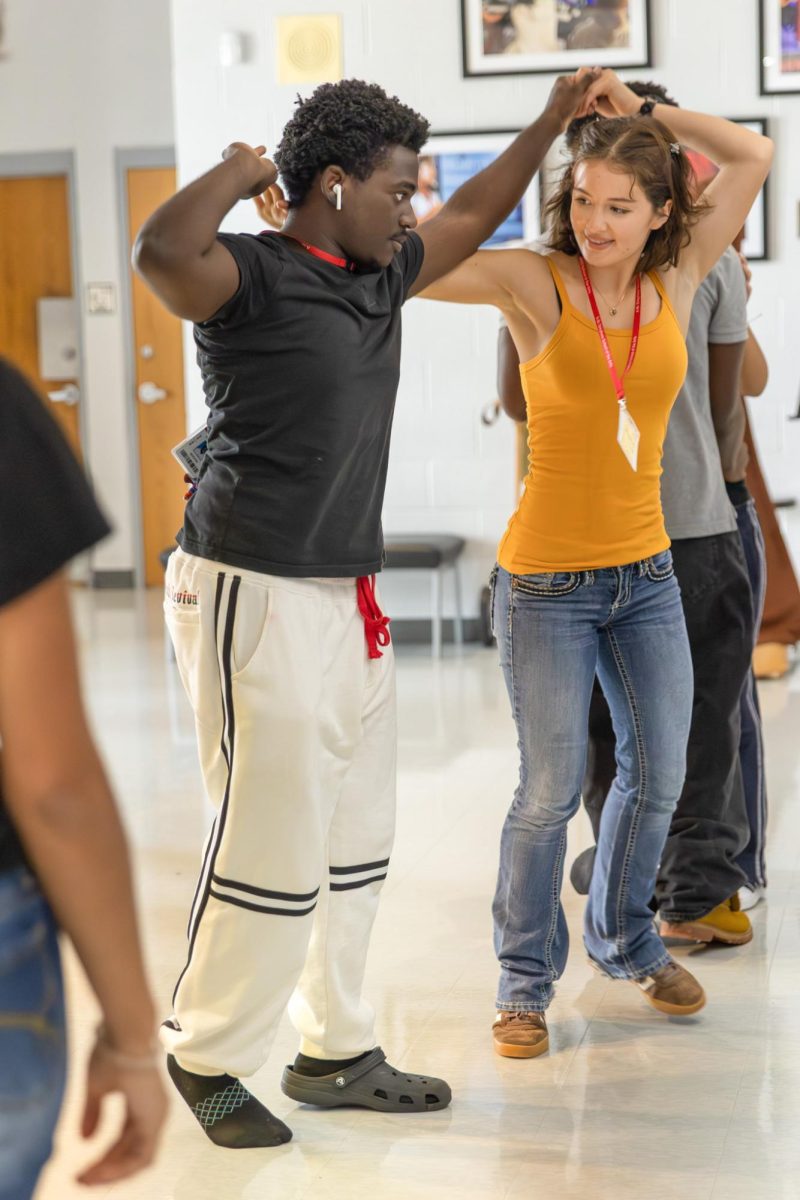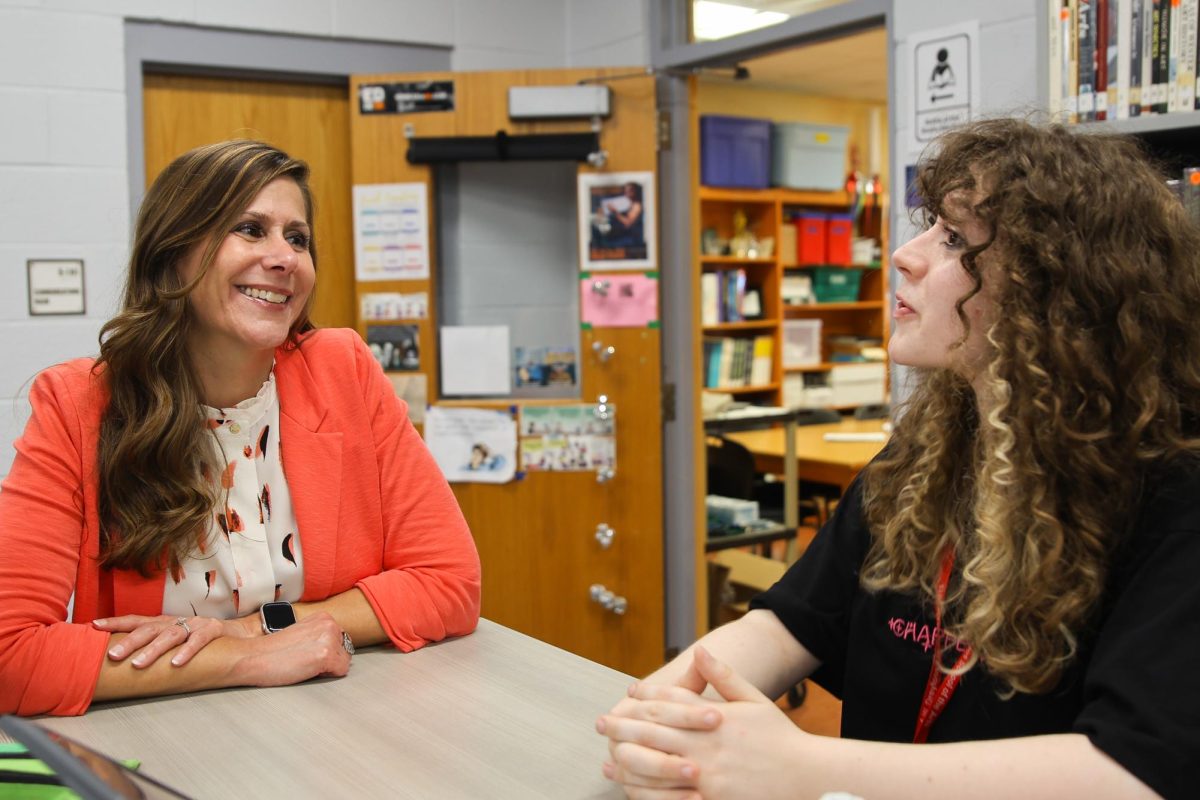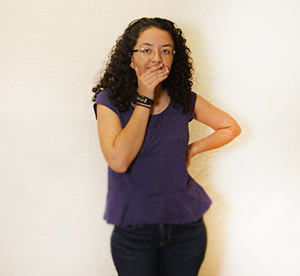A Touchy Subject Greatly Avoided
Personal space. It is something that, to most people, seems more like an instinct than a learned practice. In school, kids are taught to “keep their hands to themselves;” all of us can remember our third grade teachers echoing that phrase such a long time ago. As we got older, the phrase became “no public displays of affection.” It is seen as wrong, inappropriate, or just plain weird to make physical contact with people if one is not surrounded by a very close group of friends or family members. Such actions are especially unacceptable with strangers. It seems to me that many Americans find it hard to believe that displays of affection are much more common elsewhere. I thought that the lack of contact used in the United States was odd. Coming from Latin America, it definitely served as a bit of culture shock.
I was born in Mexico City, Mexico, into a huge extended family. My mother has five siblings, and my father has seven. I was used to seeing lots of people at family gatherings, usually packed together into one home. We followed what is the custom in Mexico. Everybody is constantly kissing and hugging and keeping their arms around each other, laughing, yelling and making jokes. You could say that my family is very, very close.
When I was 4-years-old I moved to Chile, the skinny country on the east coast of South America. It was difficult to be without my big family, but we met many new people. Whenever we greeted someone, we’d do so with a hug and a kiss on the cheek, as custom. There were friendly rubs on the back and pats on the shoulders. It was a habit, an intuition. It was also common to often say “I love you” to all your friends and family members.
When I came to the United States a couple of years later, those habits had been deeply engraved into my mind, and therefore part of my everyday actions. But it didn’t take long for me to begin thinking that I was doing something wrong. I saw that people practically cringed if I gave them a quick one-armed hug or patted their hand. They became absolutely horrified if I tried to kiss their cheek in greeting, not knowing that it wasn’t accepted. It was obvious that many Americans don’t take well to physical contact; certainly not the way we do in Mexico. I’m not going to say whether this seems right or wrong to me, because I can’t tell; I only know that it’s different. I do miss the contact a lot of the time, because it gave a feeling of togetherness that has become harder to find.
Dreyfoos is a little different. Students here are taught every day how to put their emotions on display, and that skill carries on to interactions with others on campus. The kids here love to high-five and hug and dance around. It’s a friendly environment, to say the least; and I think it’s a great place to be.
Your donation will support the student journalists of Dreyfoos School of the Arts. Your contribution will allow us to purchase equipment and cover our annual website hosting costs.

